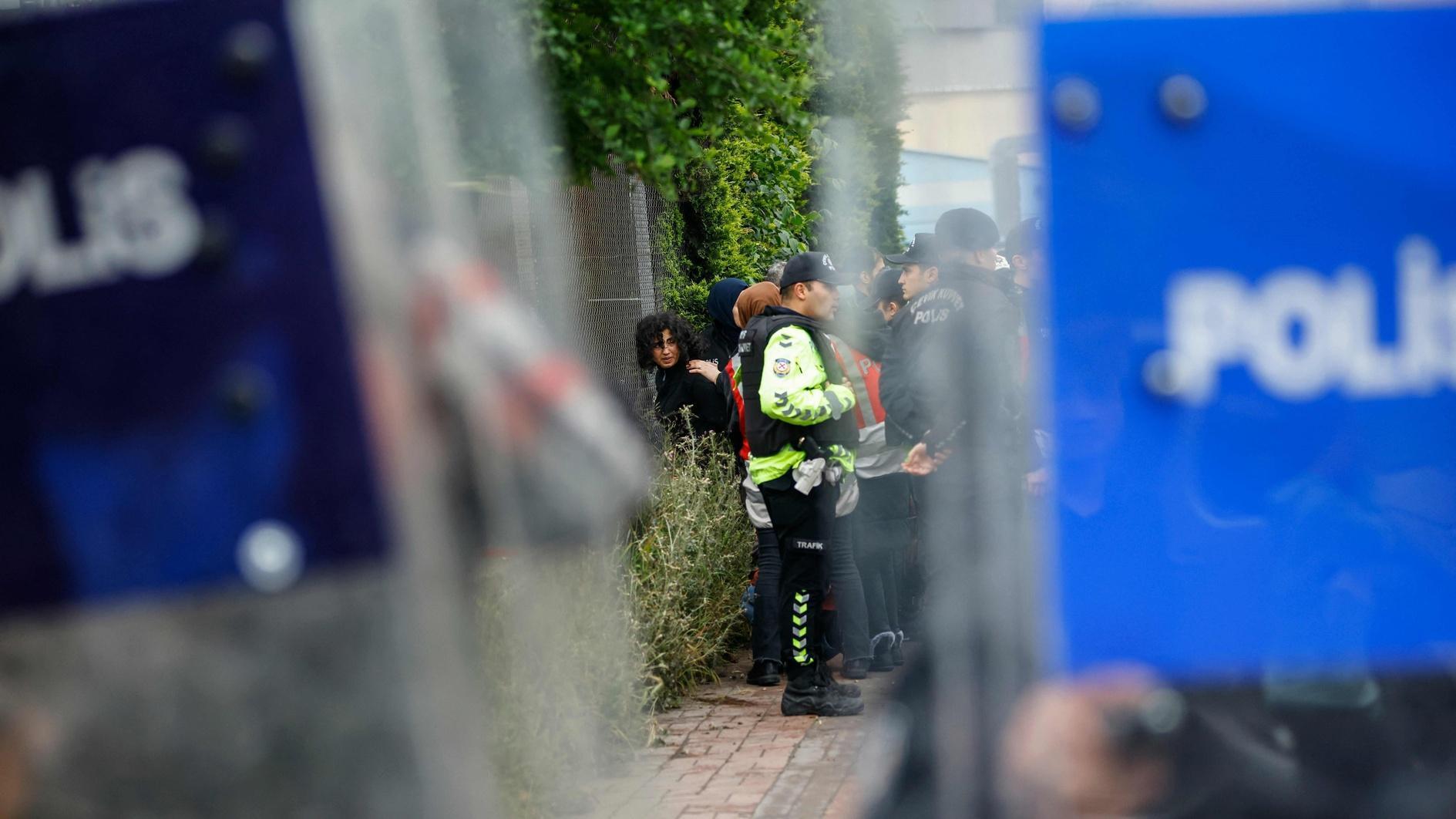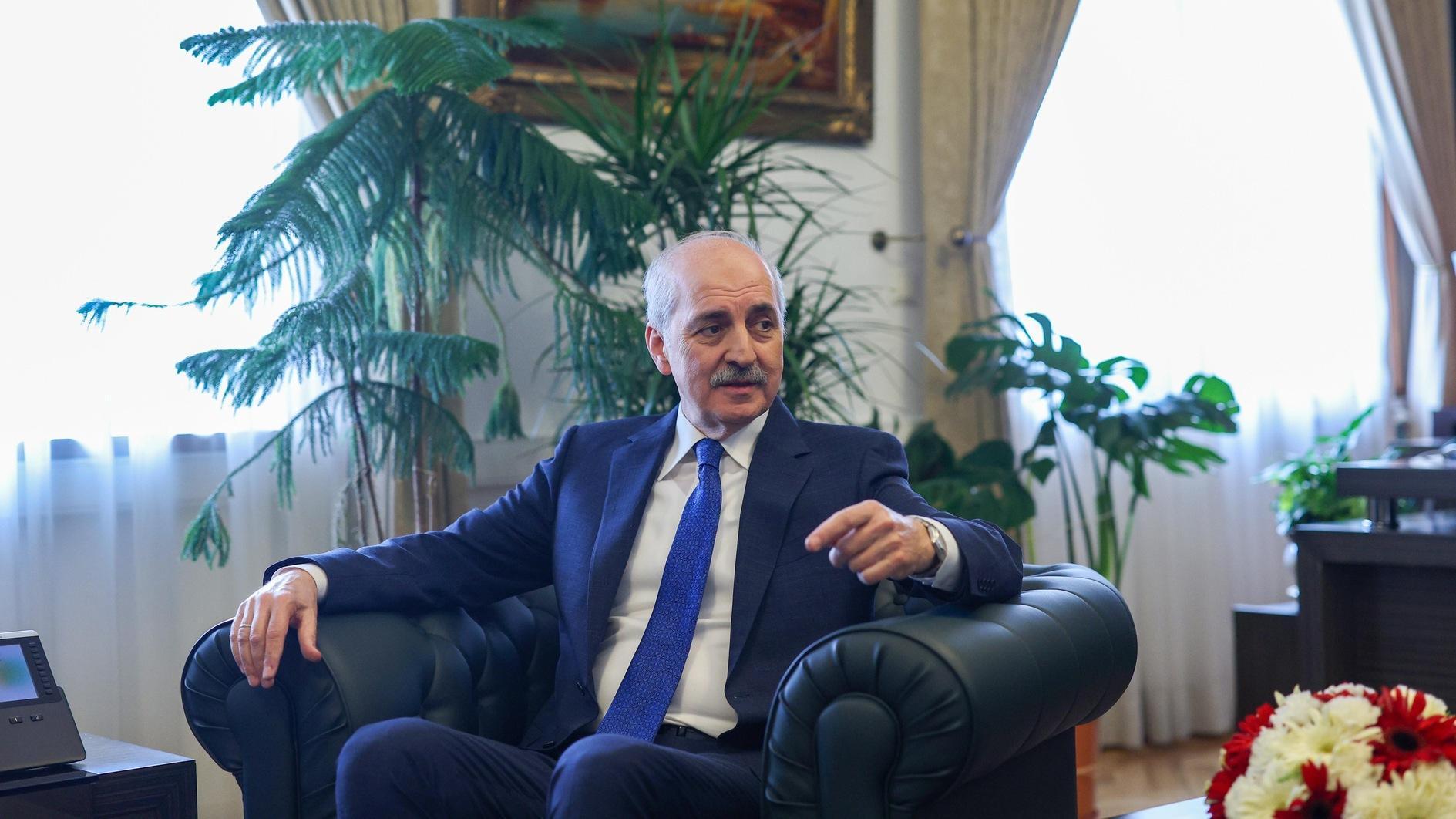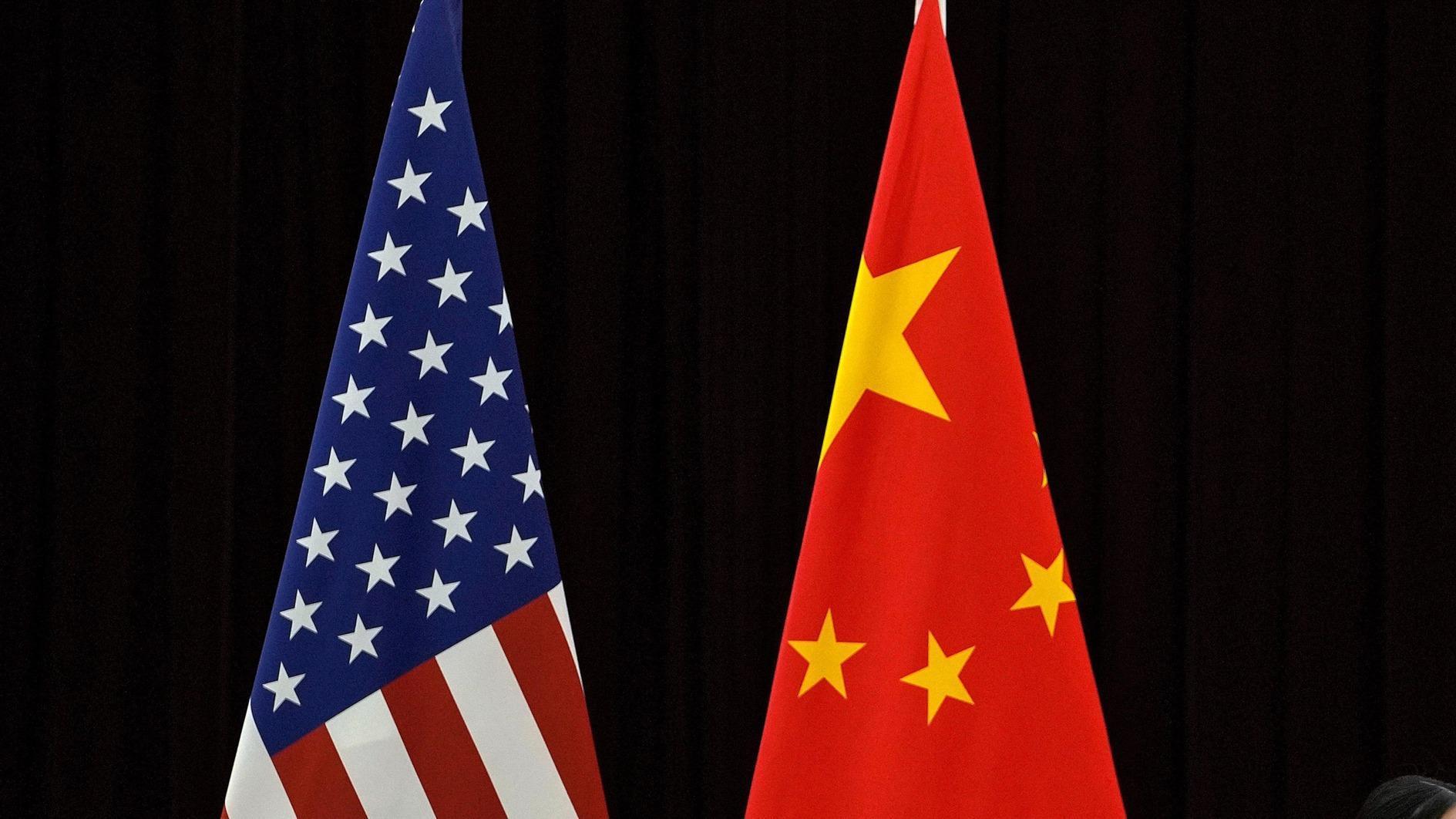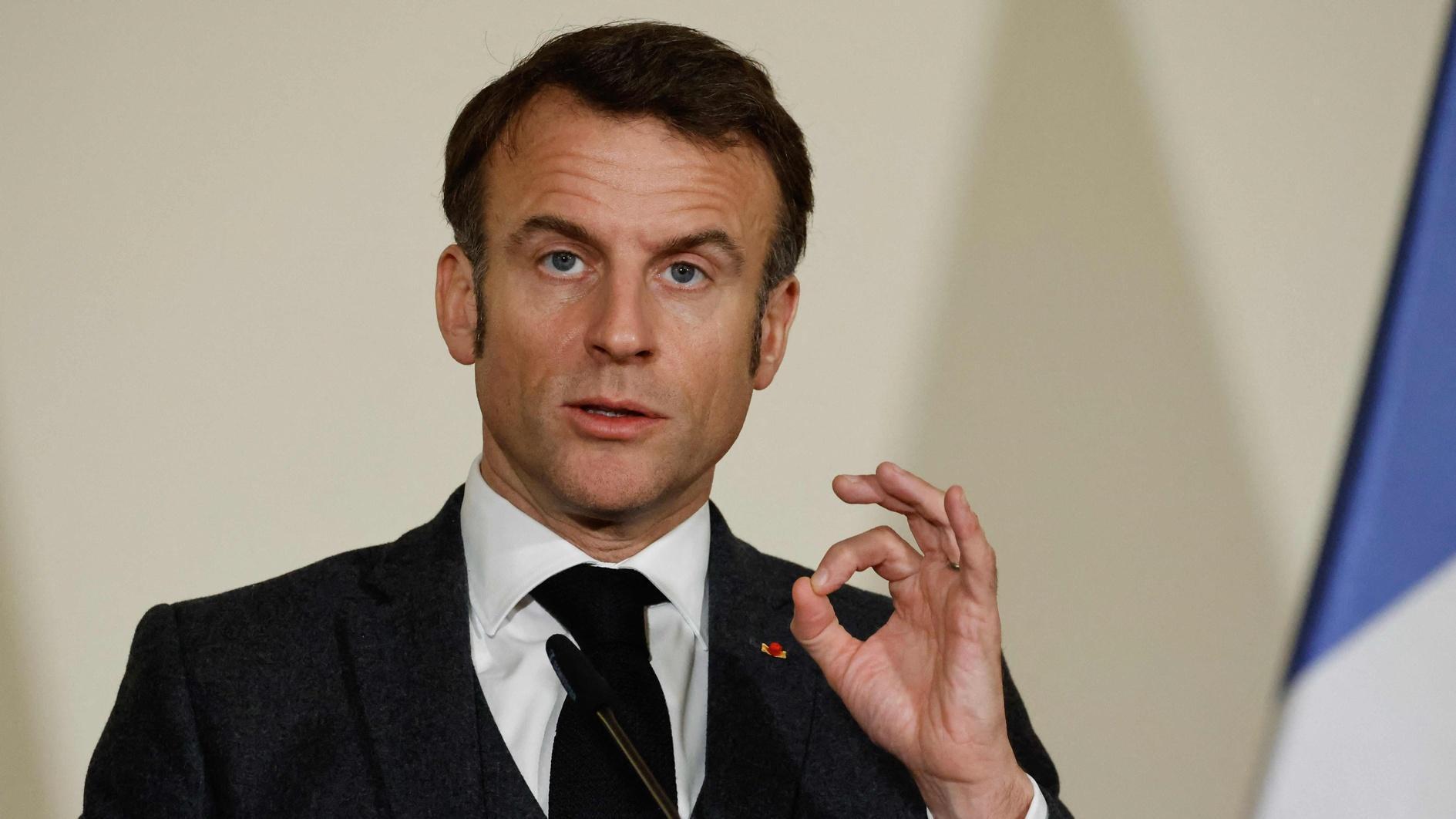Expanded US role in Iraq? Not without Congress’ OK
WASHINGTON - Associated Press

US Department of Defense Press Secretary Rear Admiral John Kirby, speaks to reporters during a news conference, at the Pentagon, Friday, Nov. 7, 2014. AP Photo/Manuel Balce Ceneta
Congress members returning to Capitol Hill next week will face a debate over President Barack Obama’s new $5.6 billion plan to broadly expand the U.S. mission in Iraq and send up to 1,500 more American troops to the war-torn nation.Obama authorized the deployment of advisory teams and trainers Nov. 7 to bolster struggling Iraqi forces across the country, including into Iraq’s western Anbar province where fighting with Islamic State of Iraq and the Levant (ISIL) militants has been fierce. His decision comes just three days after bruising midterm elections for his Democratic Party.
But the deployments hinge on whether Obama can get the funding approved in Congress’ lame-duck session, so that advisers can begin deploying to Iraq, particularly to Anbar where Sunni tribes have persistently requested help.
Obama’s plan could boost the total number of American troops in Iraq to 3,100. There are currently about 1,400 U.S. troops there, out of the 1,600 previously authorized.
The Iraqi government, members of Congress and others have called for troops in Anbar in western Iraq, where extremists have been slaughtering men, women and children.
Congress hopes to complete the defense policy bill in the postelection, pre-holiday session and will consider the Iraq funding along with the administration’s request for billions more for military operations overseas. Lawmakers are still pressing the White House for additional details on how the money would be spent.
Rear Adm. John Kirby, the Pentagon press secretary, said the military will set up several sites across Iraq to train nine Iraqi Army brigades and three peshmerga brigades, which are made up of Iraqi Kurdish forces. The military will also establish two operations centers where small advisory teams can work with Iraqi forces at the headquarters and brigade levels.
Kirby said one of those centers will be in Anbar province, where U.S. troops fought al-Qaida extremists in brutal fighting in 2004 to 2007, costing more than 1,000 American lives and 9,000 Iraqi lives, mainly in the cities of Fallujah and Ramadi.
He added that the U.S. also is considering training of some of the Sunni tribes. In 2007, Sunni Arab tribes in Anbar joined forces with Americans - in what was called the Anbar Awakening - and dealt a blow against the insurgents that many credit with turning the tide in that conflict.
The new Iraqi leaders have pledged to be more supportive of the Sunni tribes than the previous Shiite government was, although Kirby said it’s unclear whether the Baghdad government will provide them with weapons.
Kirby said the expansion was based on a request from the Iraqi officials, the U.S. military’s assessment of Iraqi military progress and as part of a campaign plan "to defend key areas and go on the offensive against the Islamic State of Iraq and the Levant," another name for IS.
The U.S. troops will not be in combat roles but will train Iraqi forces in protected locations around the country. Until now, U.S. troops have largely been confined to Baghdad and Irbil, including two operations centers in those cities. Of the 1,500 troops, Kirby said that about 630 would be used for the advisory teams, including support and security forces, and the rest would be for the training mission. Troops could begin deploying as soon as this month, if Congress approves the funding, but it will take a couple months to get the training sites ready, and the actual training will take six to seven months.
The funding request followed a meeting among Obama and congressional leaders, which included a military briefing. Of the approximately $5 billion for the Pentagon, about $3.4 billion would support ongoing operations and strikes on ISIL, and $1.6 billion would support the training and equipping mission for the Iraqis. The remainder is State Department funding to support diplomatic efforts.
Kirby said Iraq and other coalition nations will contribute money, and other countries will also send trainers. Secretary of Defense Chuck Hagel met with the Danish Minister of Defense Nicolai Wammen on Nov. 7 at the Pentagon, and Kirby said the minister committed to sending up to 120 trainers for Iraqi forces.
The U.S. has been launching airstrikes on ISIL militants and facilities in Iraq and Syria for months, as part of an effort to give Iraqi forces the time and space to mount a more effective offensive. Early on, ISIL had gained ground across Iraq.
Lately, however, with the aid of the U.S. strikes, ISIL has suffered a number of losses in Iraq, where it is fighting government forces, peshmerga and Shiite militias aided by Iran and the Lebanese Hezbollah group.
Last week, Iraqi forces recaptured the town of Jurf al-Sakher. ISIL also lost a string of towns near the Syrian border last month. Besieged Iraqi troops have also managed to maintain control of Iraq’s largest oil refinery outside the town of Beiji north of Baghdad, despite numerous attempts by ISIL to capture it.
Republican Rep. Howard P. "Buck" McKeon, chairman of the House Armed Services Committee, said Nov. 7 that he has "long been concerned that the president has underfunded our combat operations against terrorists."
















